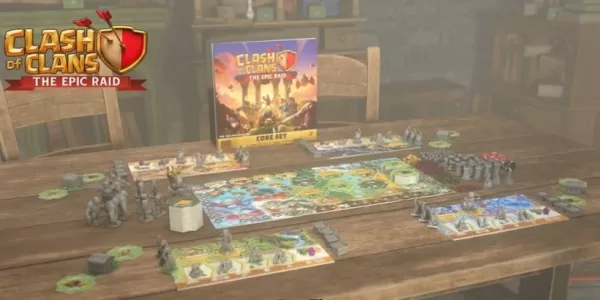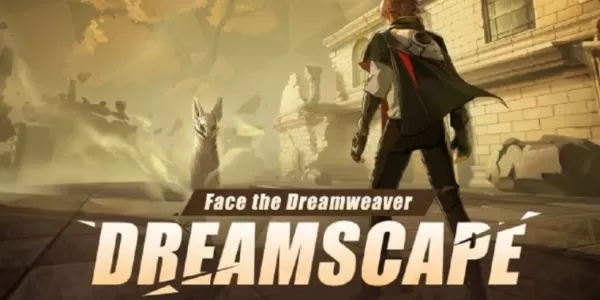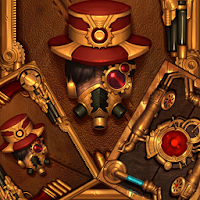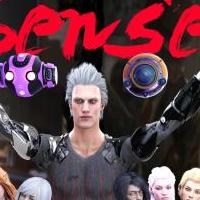NetEase's *Marvel Rivals* has proven to be a smashing success, amassing an impressive ten million players within just three days of its launch and generating millions in revenue for the developer in the subsequent weeks. However, a recent report from Bloomberg sheds light on the precarious journey this game took to reach the market, revealing that NetEase CEO and founder William Ding came close to canceling the project due to his hesitation in using licensed intellectual property (IP).
According to Bloomberg, Ding has been aggressively restructuring NetEase's operations, which includes downsizing the workforce, shuttering studios, and pulling back from overseas investments. The overarching strategy is to streamline the company into a leaner, more focused entity capable of countering a recent dip in growth and keeping pace with formidable competitors like Tencent and MiHoYo.
As part of this strategic overhaul, *Marvel Rivals* nearly became a casualty. Sources told Bloomberg that Ding was reluctant to pay for the use of Marvel's licensed characters and attempted to steer the project towards using original designs. The attempted cancelation reportedly incurred millions in losses for NetEase, yet the game ultimately launched to its current acclaim.
Despite the game's success, NetEase's restructuring efforts continue unabated. Just this week, the *Marvel Rivals* team in Seattle was let go, with the company citing "organizational reasons" for the layoffs. Over the past year, Ding has also halted investments in international projects, having previously poured funds into studios such as Bungie, Devolver Digital, and Blizzard Entertainment. The report suggests that Ding considers games that fail to generate hundreds of millions annually as not worth the company's effort, though a NetEase spokesperson clarified to Bloomberg that the company does not impose "arbitrary blanket numbers" for assessing a new game's viability.
Internally, NetEase is facing its own set of challenges, with employees describing a tumultuous atmosphere driven by Ding's unpredictable leadership style. According to workers, Ding is known for making swift decisions and frequently changing his mind, pushing employees to work late hours, and recently promoting a number of new graduates to high-level leadership positions. The internal turmoil has reportedly led to the cancellation of so many projects that NetEase might not release any new games in China next year.
NetEase's retreat from the games investment arena coincides with ongoing instability within the broader gaming industry, particularly in Western markets. The sector has witnessed consecutive years of widespread layoffs, game cancellations, and studio closures, alongside the underperformance of several costly, high-profile titles despite significant expectations from their developers.































